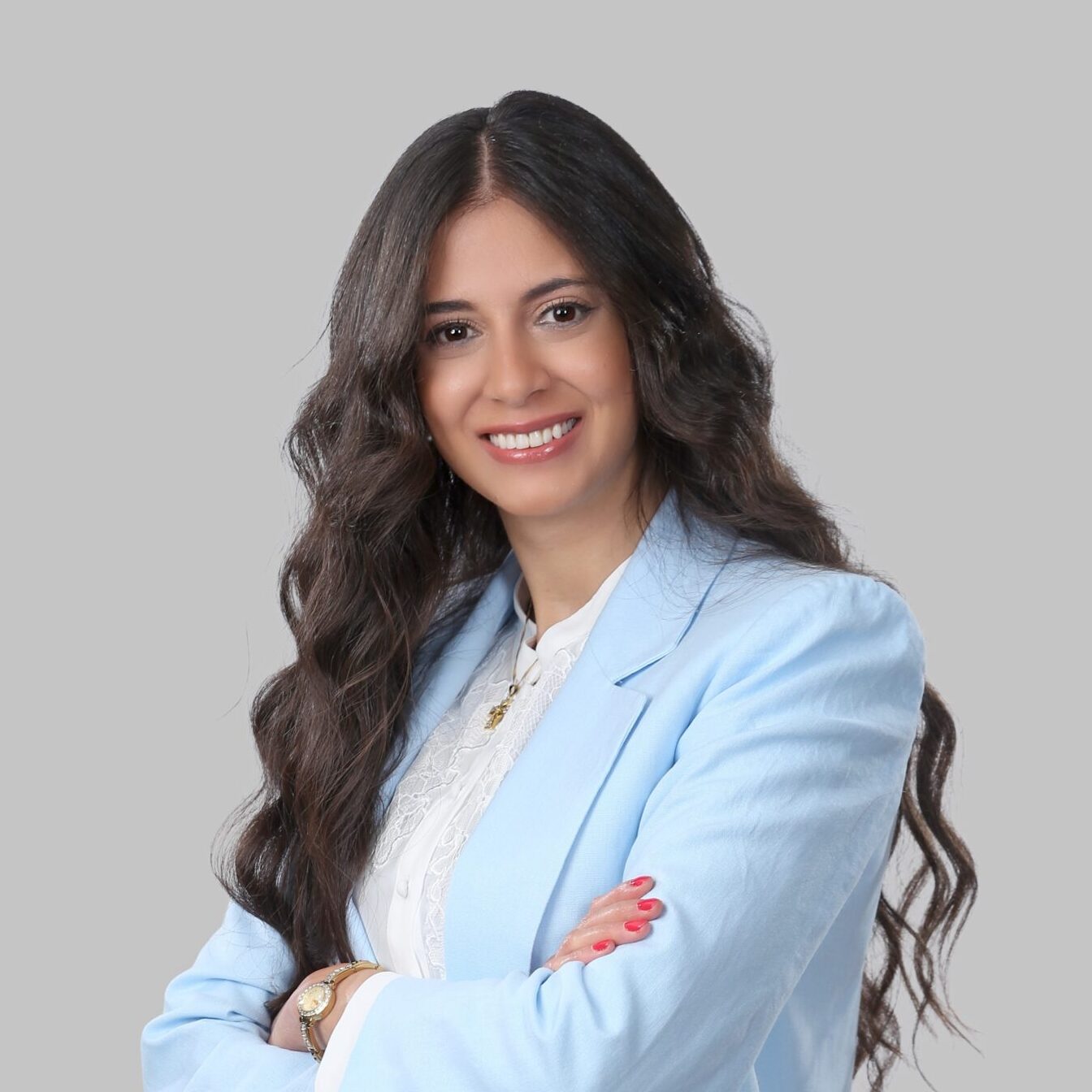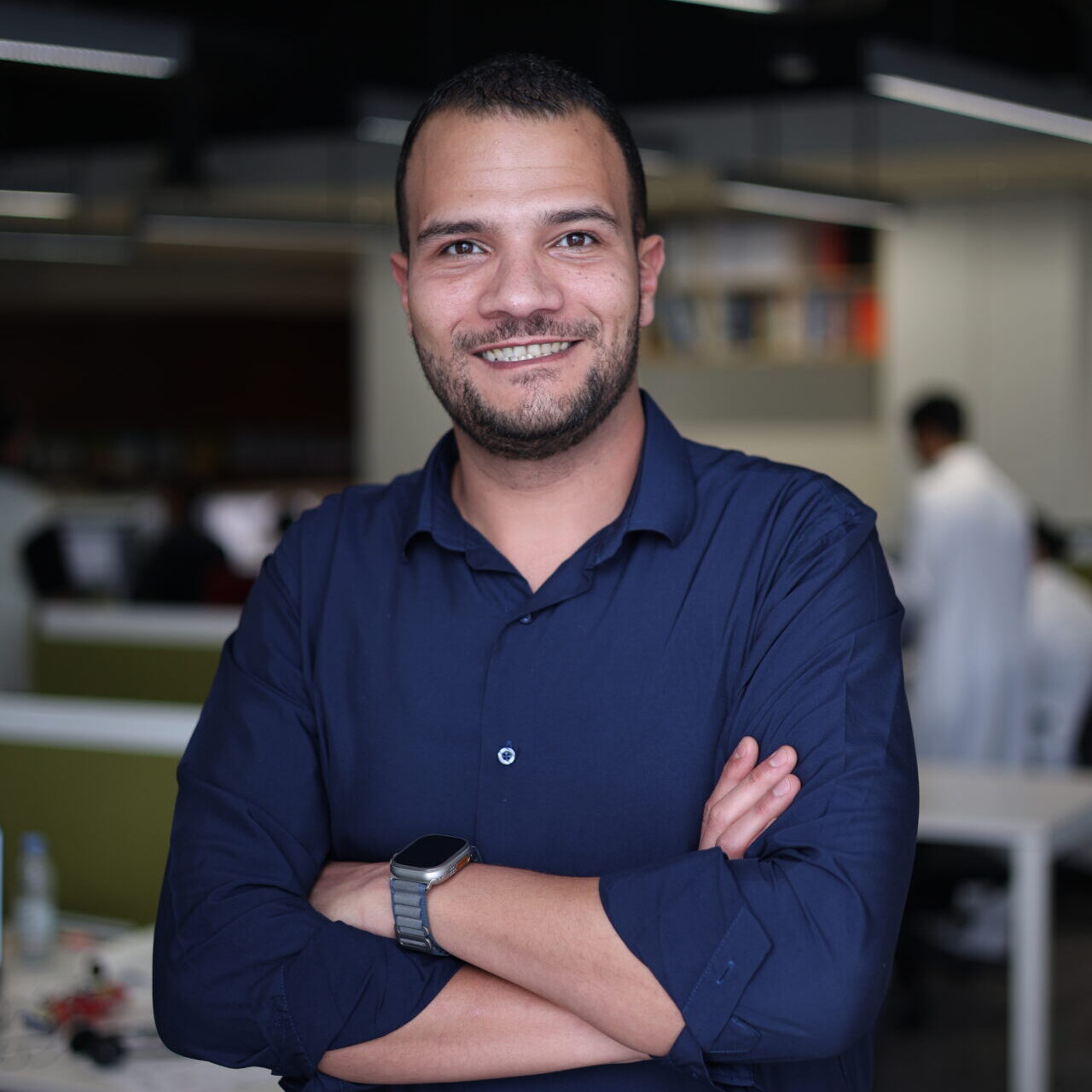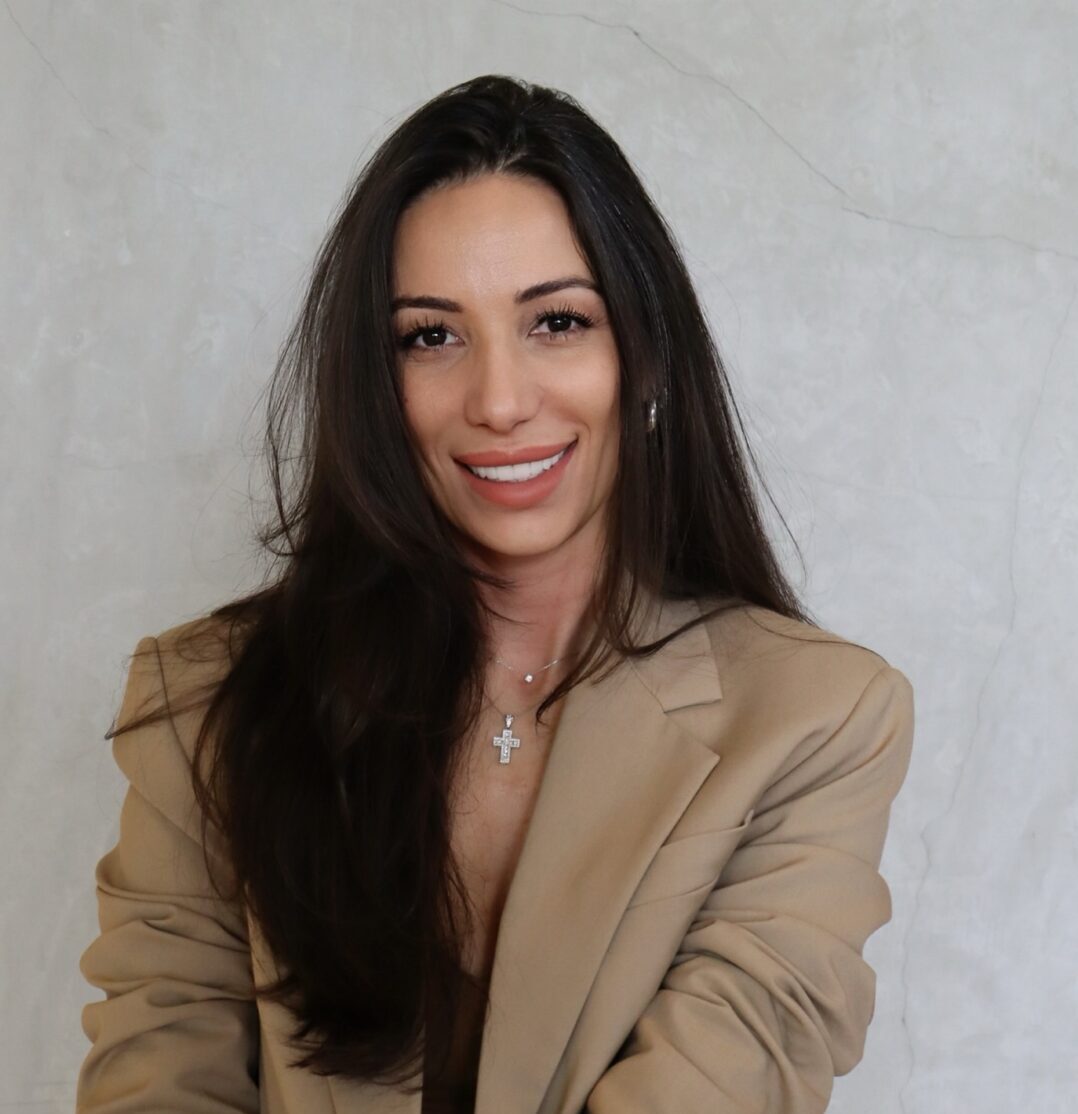
Nora Kasabreh is an Assistant Project Manager at Omrania with over eight years of experience in design and project management. Certified in PMI-PMP, PMI-RMP, and LEED Green Associate, she leads multidisciplinary teams from concept to delivery and manages nearly 90% of the company’s procurement and contracts. Known for her structured approach, risk awareness, and team coordination, she focuses on keeping projects well-organized, on schedule, and within budget.
You’ve guided teams from the first sketch to the last detail. What’s the hardest truth about project management you’ve learned that no one prepared you for?
One of the hardest truths I’ve learned about project management is the challenge of managing team interaction and coordination. A project manager is like an orchestra conductor: you’re not playing the instruments yourself, but you’re responsible for ensuring everyone stays in rhythm, follows the same score, and contributes to a unified performance, just as a conductor ensures harmony among musicians. When one part of the team falls out of sync, whether due to miscommunication, missed deadlines, or misaligned priorities, it’s up to you to quickly identify the issue and realign the team.
Having managed the subconsultants technically & contractually, when do you find rules help, and when do they get in the way of real progress?
Rules, or more specifically, contracts, are essential & critical tools in project management when they clearly define scope, requirements, deliverables & timeline. Contracts help avoid scope gaps, misalignment, and disputes by setting expectations upfront. However, contracts can also hinder progress when they’re vague or open to interpretation. Ambiguity in scope or unclear communication, whether with subconsultants or the client, can create delays and unnecessary back-and-forth. The key is to ensure contracts are clear, comprehensive, and tailored to the specific needs of the project.
If you could rewrite one “unspoken rule” about women’s roles in engineering and project management, what would it be, and how have you personally challenged it?
If I could rewrite one unspoken rule, it would be the outdated belief that engineering and project management are too demanding or unsuitable for women, especially in leadership roles. Today, more women are entering and excelling in these fields, despite the challenges of long hours, high pressure, and technical complexity. What truly makes a difference is having an encouraging environment, support from family, colleagues, and managers who believe in your potential. Personally, I’ve worked hard to earn my place, despite initial doubts or low expectations from others, and I’ve consistently delivered results in leadership roles. With the right support and determination, women can thrive in these roles and redefine the expectations around them.
What’s a professional skill you once underestimated, but now see as essential for leading teams through complex projects?
A professional skill I once underestimated but now see as essential is emotional intelligence. In complex projects, technical expertise alone isn’t enough; you need to understand the human being in front of you. Being able to read emotions, listen actively, and show empathy can make a huge difference in how you lead and resolve challenges. Everyone is facing their own pressures, both professionally and personally, so approaching others with compassion can strengthen team dynamics and trust. One rule I try to live by is simple: kindness costs nothing, but it goes a long way in building strong, motivated teams.
If you could design your own next big challenge at Omrania, what would it be, and what new skills or perspectives would you want to gain from it?
That’s a big question for me, as I have a clear vision and a dream I’m still working toward. If I could shape my next big challenge at Omrania, it would be to take full ownership of leading complex projects, overseeing not only the technical aspects but also building strong client relationships and contributing to strategic decision-making. I’m eager to grow into higher-level project management roles, with more involvement in client interaction and collaboration with upper management. At the same time, I want to foster a positive and motivated environment for my team.







